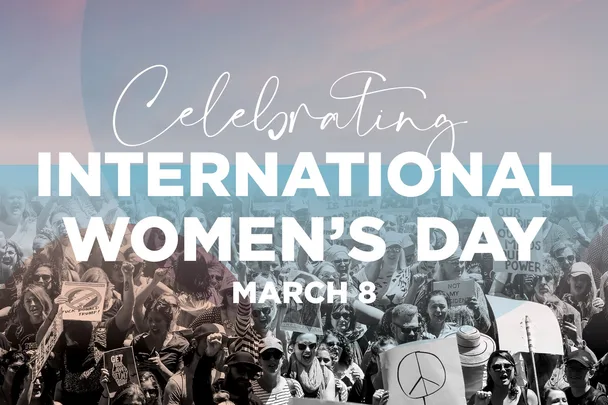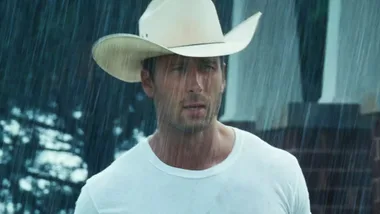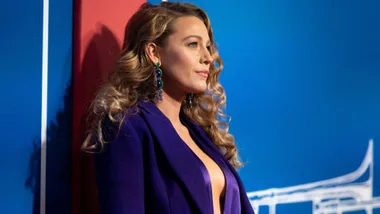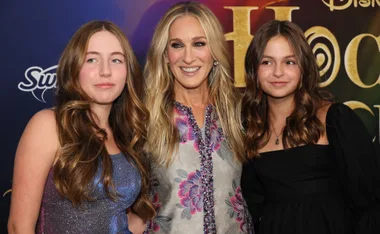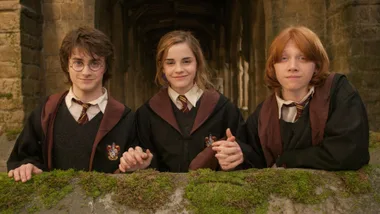What motivates women to keep breaking down barriers and challenging the status quo? We ask six prominent Australians about what fuels them in the fight for a brighter future.
Politician Kate Ellis on SEXISM IN PARLIAMENT
Soon after I entered Parliament in 2004 I was approached by a political staffer at work drinks who had a question. In the coarsest possible terms, he asked how many men I had to sleep with to launch my political career. I am quietly confident that John Howard and Kevin Rudd were never asked this question, though I have no way of knowing for sure.
“So what?” some people might say. Sexism, misogynist slurs, all this neanderthal nonsense happens in all walks of life. Indeed it does. It is bad when it happens anywhere. And it is bad when it happens within the nation’s number one decision- making forum, the place that wields power over us all, but where 51 per cent of the population hold just 30 per cent of the seats in the House of Representatives and struggle to wield power at the Cabinet table.
We need to make politics more attractive to women. In 2017, one survey of young Australian women said zero per cent – zero – would consider politics as a career. Perhaps this isn’t surprising. There have been many reports of the treatment women receive in politics. We have seen two cases go to court that centred on the “slut-shaming” of female members of parliament. We have seen allegations that women are bullies. We have had studies confirming that women MPs don’t only face a disproportionate focus on their appearance, clothes, hair, makeup and body shapes, but that the problem is actually getting worse. A recent report found more than a third of female federal MPs now suppress their home address due to concerns about their personal safety as the abuse they receive continues to increase.
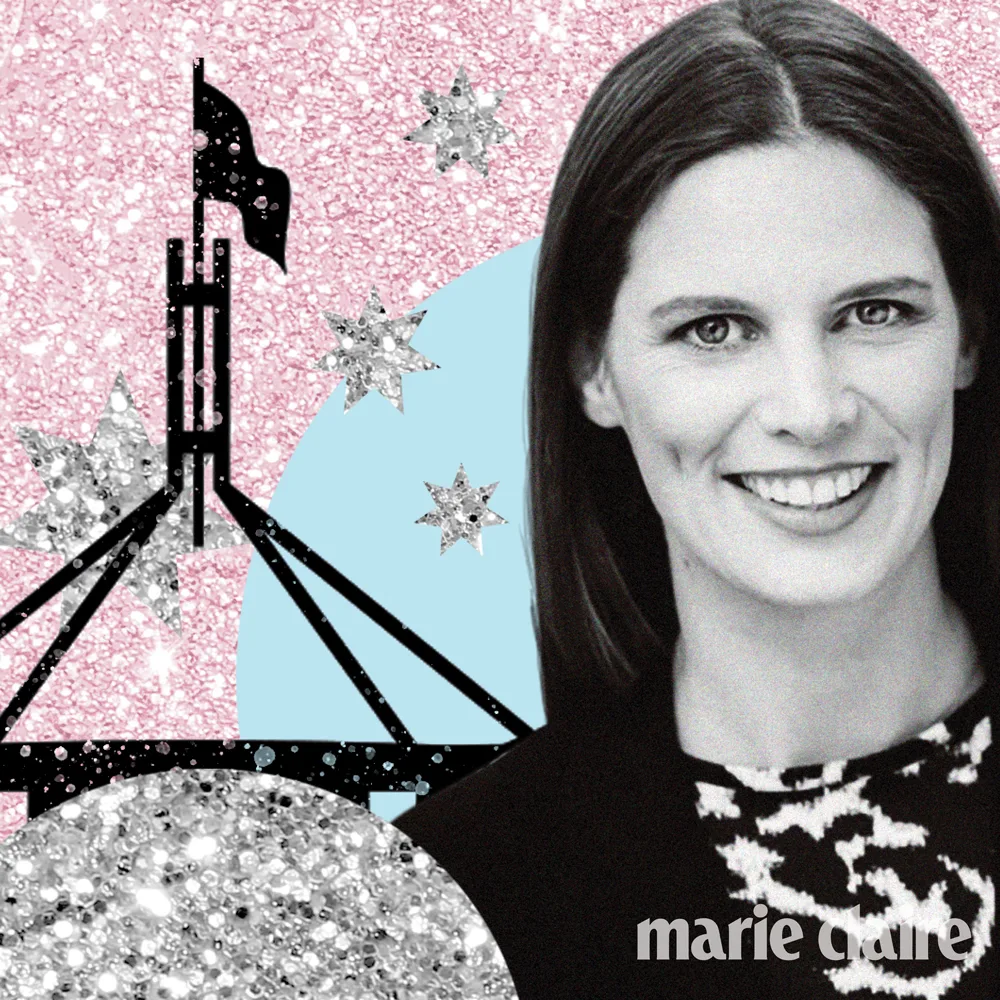
It isn’t just elected MPs. In 2020, Four Corners aired a program alleging serious mistreatment of women working as staff members for politicians. This year we heard worse. Brittany Higgins bravely spoke out alleging that as a young staff member she was raped by a colleague in a minister’s office in Parliament House. She felt she had to choose between reporting it or keeping her job. It is unthinkable.
Over 15 years I experienced firsthand the unfair treatment that women receive in Australian politics. I spoke to women from across the political spectrum and every single one had a story to tell about the challenges they faced – but crucially, why it was still worth every second. I have no doubt that whatever I do with the rest of my life, I will never have a job that is more rewarding, more inspiring and more challenging. The truth is there is no job where you can achieve so much change on issues that matter to the community. There is no job where you can help more people and transform millions of lives.
Parliament works better, makes better laws and sets a better example when it looks like the community that it represents. We need more women in politics but we also need it to be better for them. Much better. We need to demand that the culture of Australian politics changes to better reflect a modern workplace. It should better reflect the Australia that we are and that we want to be.
Kate Ellis’ book Sex, Lies and Question Time (Hardie Grant, $32.99) is out April 21.
Writer Bri Lee on SELF-IMAGE
I was delivering a lecture to some postgraduate writing students after I published Beauty in 2019. During questions at the end, a middle-aged man said, “I got halfway through Beauty and felt like I’d read it all before, because I worked in magazines for a couple of decades.” He went on to be oddly patronising, finishing with a combative statement phrased as a question. I felt sorry for him. It was transparent he couldn’t see why I was the lecturer and he the student. The subtext was clear: just another girl whingeing.
His comment about Beauty stuck with me because in a matter of seconds he illustrated the precise problem I was trying to get at in that essay: women are made to feel shit about their bodies, and then their struggles are mocked and minimised when they try to discuss and deal with them.
There is a complex interaction between trauma, disordered eating and self-harm. Disordered eating is often a type of self-harm; it’s one we learn from each other, and it often walks in plain sight disguised as “diet culture”. I’ve spoken of surviving sexual abuse and overcoming different types of disordered eating, and I continue to feel outraged about how people are willing to take the former seriously but not the latter. There are huge punishments – and rewards – for us depending on where we land on the “fuckable” scale. For women of colour and trans women there are even more rigid standards to meet and a wider range of insults depending on whether people label them “exotic” or “aggressive” or if they “pass”.
It is so naive and absurd to think the way we discuss and portray people’s bodies doesn’t go deep into whether we value and respect the people themselves. Speaking and thinking clearly about “beauty” is the first step to fighting back against these idiot dudes who think the issue is the arena of the vapid. We can’t march on empty stomachs.
Bri Lee’s third book Who Gets To Be Smart (Allen & Unwin, $29.99) is available for pre-order now.
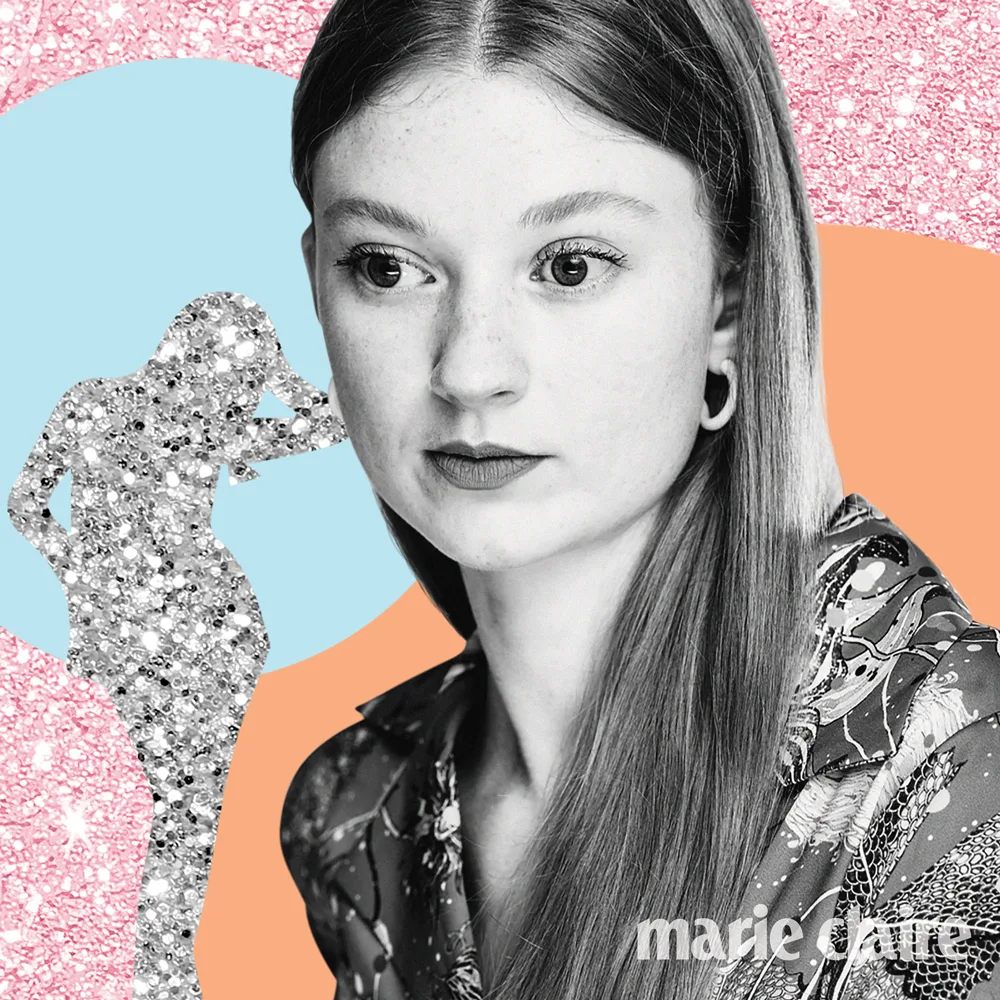
Comedian Claire Hooper on FEMALE FRIENDSHIP
When I am feeling miserable or anxious, when I feel like I’m about to yell at the kids in the street or start weeping in a meeting, the first question I ask myself is: “Have I forgotten to eat?” The next question is: “Have I forgotten to talk to my best friend?”
It’s strange that at 44 years old I still struggle to recognise that feeling of weak hopelessness as just “needing a snack”. Even stranger? That I still have to remind myself of the importance of a proper chat. That just having friends isn’t enough. You have to actually speak to them for it to be any good.
Perhaps you’re like me. You can go weeks, possibly months, without locking down a decent friend hang. Life is busy. You text each other about TV shows you’re watching or send an ugly selfie at school drop off with the caption “drop it like it’s hot” but never actually schedule in that date.
I work in comedy. I talk for a living. It’s a very social job. But, if anything, it gives me more need to talk stuff out before I boil over and reveal to the world I’m not as lovely as I pretend to be.
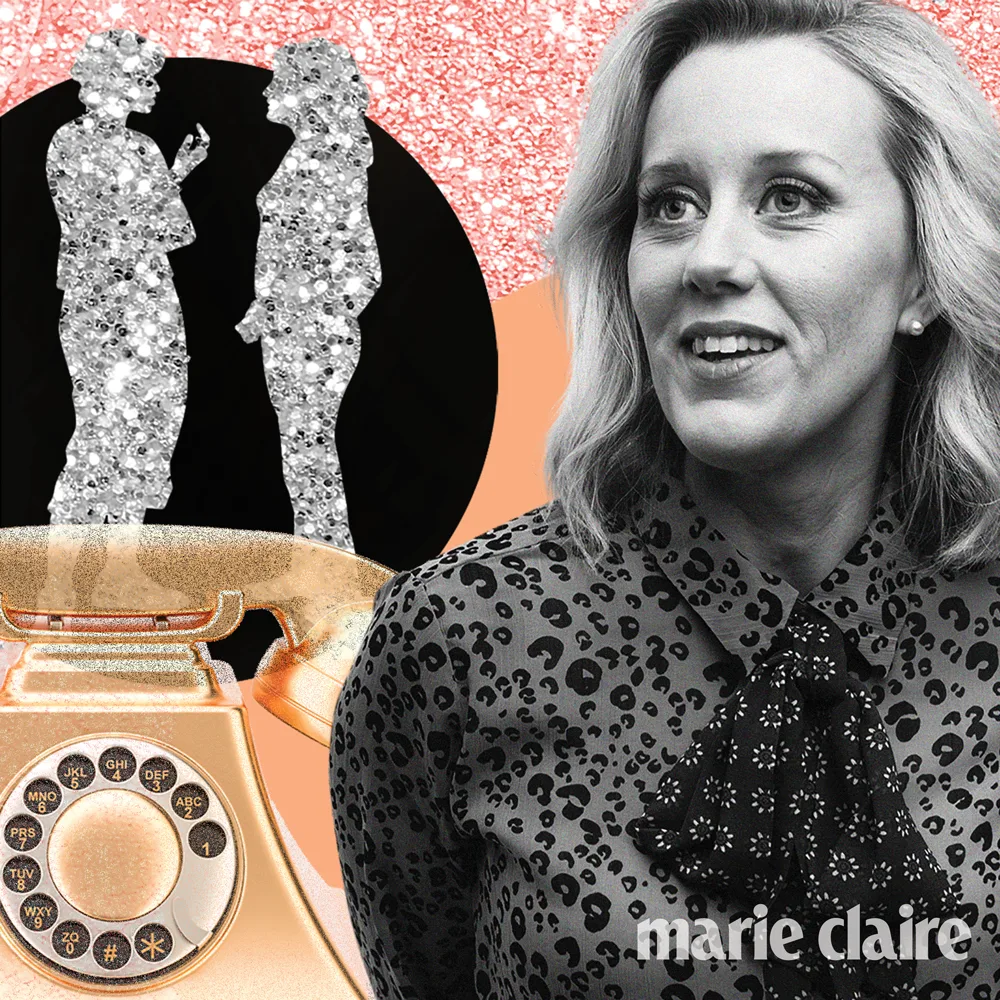
My best friend is also a woman working in comedy, also a parent, also an over-thinker, so there could be no- one better to help me process the stuff that’s happened, and it’s mutual because she also needs to offload before she exposes herself as not the 100 per cent delightful cutie-pie she’s convinced the world she is.
She needs me to hear that borderline sexist thing someone said backstage, and that she chickened out of calling them out, and how long it took to write a post on a difficult political issue, and then I need to mention a news story that made me despise humanity and ask if a joke I’ve written about my kids goes too far, and I also need to complain about something uncomfortable I’ve been asked to wear for a gig (which never happens to men), and then we both talk about how we wish Jacinda were our PM, sigh, say how much we adore each other, then pay the barista and return to our lives.
People say real friends are comfortable sitting together in silence. Nuh uh. I came to unload and she’s got some shit to say too and then we’re both going to walk away less twitchy, less bitchy versions of ourselves. Smiling without effort again.
Claire Hooper’s children’s book Princess Benjamina Has a Very Cheeky Bum (Allen & Unwin, $19.99) is out March 30.
Lawyer and storyteller Teela Reid on the BLACK MATRIARCHY
There is no force equal to the power of Black women speaking truth to power. I know because I was raised by not one, but many. From the moment I could walk and talk, my mother, grandmother and aunties imparted the art of using my voice. They constantly assured me that I was the physical embodiment of the spirit of my late great-grandmother: a formidable warrior.
As a First Nations woman, my Black body alone is a sovereign act. I descend from the world’s most ancient womb. This is the greatest privilege, knowing my Black matriarchy has walked this continent since time immemorial is truly something to behold. If only the colony of Australia understood the significance of what it means to have bloodlines that link First Nations people to this sacred soil.
Instead, there has been nothing but bloodshed since invasion. This is a country that has practised genocide, perpetrated acts of violence and continues to silence First Nations women – our existence is the resistance. The statistics speak for themselves – how are First Nations women a minority but represent the highest-rising incarcerated cohort in Australia?
The white patriarchy is the problem.
Being a Black First Nations woman in so-called Australia is both a powerful and perplexing place to be. Surviving in a society that would rather erase you, replace you, than embrace you, is a daily battle.
If the turmoil of our most recent times has taught us anything, it is that colonial systems are not sustainable.
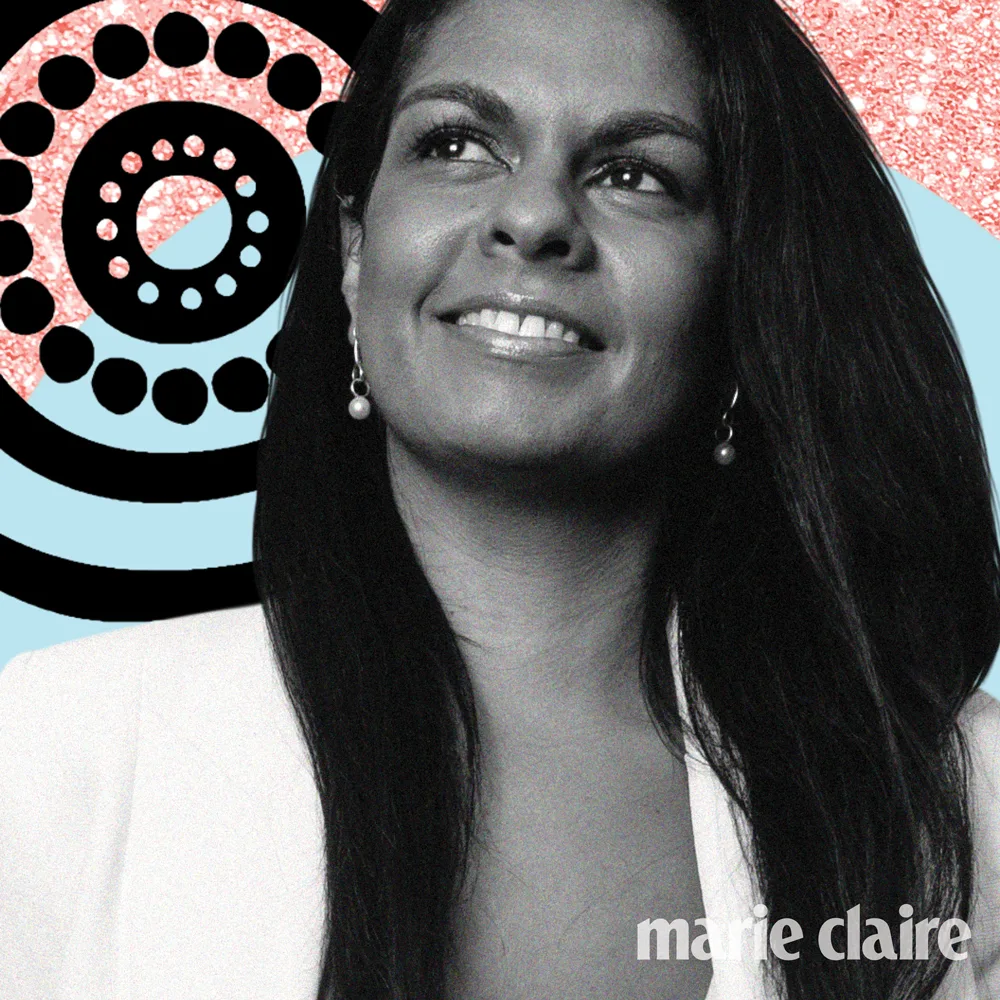
A society designed to value the economy over our health and wellbeing is one that is destined to destroy itself.
The beauty among the bewilderment is knowing that the Black matriarchy will rise when everything else falls. As a Koori kid born and raised in western New South Wales, I have fond memories of my nan gathering bush medicine, and this is an ancient practice she continues to this day. Like all First Nations matriarchs, she is a healer, a storyteller, the keeper of our kids and a force of nature.
So when we say Black Lives Matter in Australia – the Black First Nations matriarchy matters most of all!
Teela Reid is a Wiradjuri and Wailwan woman. She is a Sydney- based solicitor and the co-creator of @blackfulla_bookclub.
Writer Clementine Ford on SELF-WORTH
As a young girl, I assumed that one day I would be married. It wasn’t a question of “if” so much as “when”. Marriage seemed to be as much the natural progression of adulthood as pimples, or the ability to live away from one’s parents. I wasted little energy worrying about the fellow involved, imagining his entry into my life to be as perfunctorily inevitable as the very act of growing old. My husband would emerge into my life fully formed, the vagaries of courtship having been dealt with as if in a distant dream. One day
I would be allowed finally to wear my first lipstick; the next, I’d be married.
That I had no particular desire for marriage seemed irrelevant. I never imagined my wedding day, nor spent time putting together profiles of men who would and wouldn’t do. But the fact of a husband seemed certain, because this is what women did (or
so I thought at the time, this being the days before marriage equality meant the girls I fancied could not be potential contenders).
Despite my general ambivalence to marriage, what I did feel was extremely unlovable. Pointless, unattractive, galumphing and unsuitable. And because I felt all these things, I thought I had no say over who this eventual husband would be – only that I needed to wait for him to pick me, and that in being picked I would have somehow ascended to the realm of worthy.
Oh, dear young me! What a waste of time! There has been nothing more validating – nothing! – than embracing the sheer joy of my own company. I’ve had the long term relationship I thought would define my life, only to discover that it was the lessons learnt therein that helped define me. I have learnt that love is a force with many multitudes and infinite faces, and just as some of them are beautiful and enriching, others can be suffocating and soul-destroying.
I will turn 40 this year, a woman who moves through the world alone but never lonely. I’m not weighed down by compromise, or the relentless chipping away of my sense of self that comes from being taken for granted. I am not invisible. I wish I had known this when I was younger. That life was not there for the waiting, but for the living. That we women exist, regardless of whether or not a man or many men choose to see us.
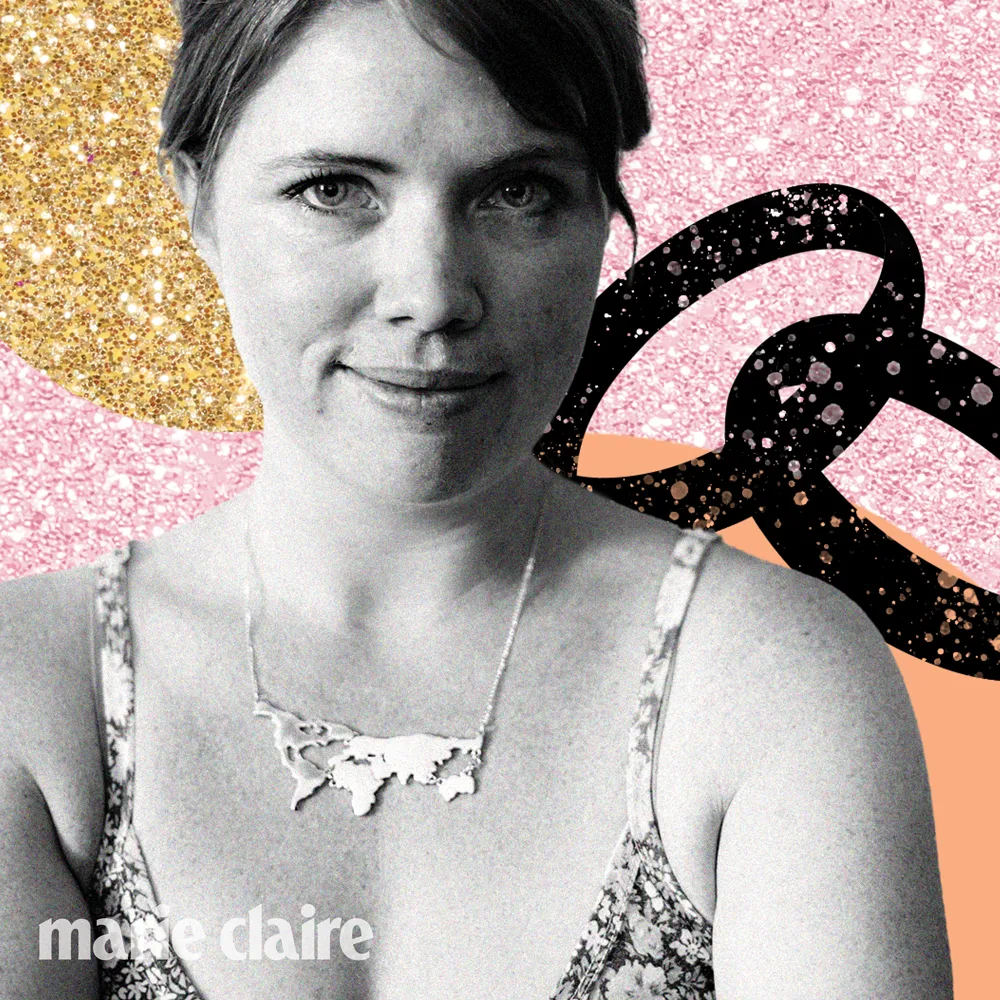
You could spend your entire life waiting for someone to pick you in order to start living. Please don’t. You are a rich-enough ingredient to make this life tasty all by yourself,
I promise you that.
Clementine Ford’s third book, How We Love (Allen & Unwin), is out in October.
Teen activist Jean Hinchcliffe on SPEAKING UP
Hey! I’m Jean, and I’m a climate- justice activist and school student. I’ve been organising with School Strike 4 Climate for two and a half years now, and have also volunteered with the Yes Campaign, GetUp, and Stop Adani. During this time, I’ve slowly learnt the power of raising my voice.
As women, we spend our entire lives being told to be quieter. No matter how hard we try, we could always be smaller, prettier, more sensible, we could think a bit less and smile more. It’s drilled into us from childhood that we should take up less space, be obedient, meek, complicit; care enough, but not so much that others might notice.
We exist between the smirks and eyerolls of the mantras of misogyny – the “ease up”s and “let it go”s, the commands to “stay in your lane” and “stop caring so much”, the unending, soul-draining reminders that “nobody gives a shit, so what’s the big deal?”
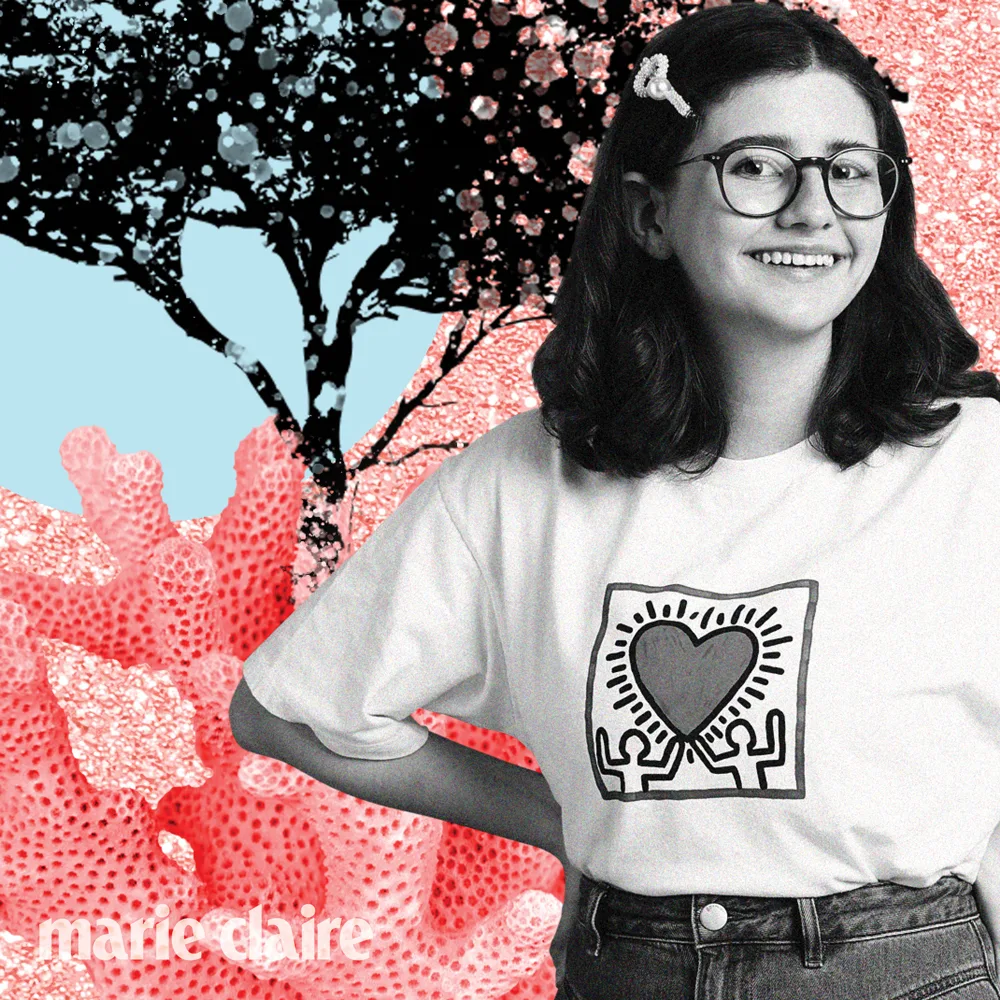
And for those in the margins, these attitudes are only more pervasive. Women of colour, women who are queer, disabled, or poor; trans women or femme aligning nonbinary folks, and women who experience any other form of systemic oppression see only further discrediting and diminishment.
It would be easy to assume there’s no point trying to make a difference. But I cannot recommend enough taking a leap of faith, standing up and creating change. Don’t get me wrong, it’s scary to tear down the mental barriers in the way. It’d be
a whole lot easier to be quiet. But the only way to discover your own potential is by trusting yourself. The power and influence of your voice extends far beyond what you could ever think possible.
Jean Hinchcliffe’s book Lead the Way (Pantera Press, $24.99) is out now.
This article originally appeared in the March 2021 issue of marie claire Australia.
